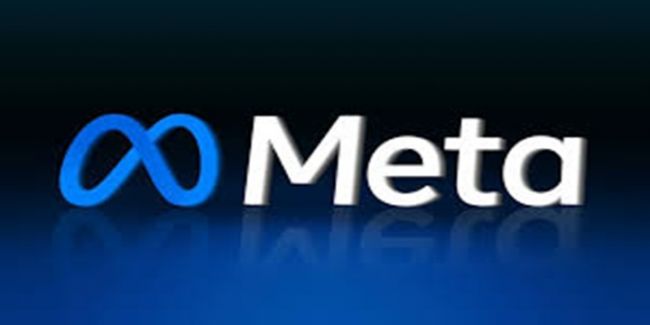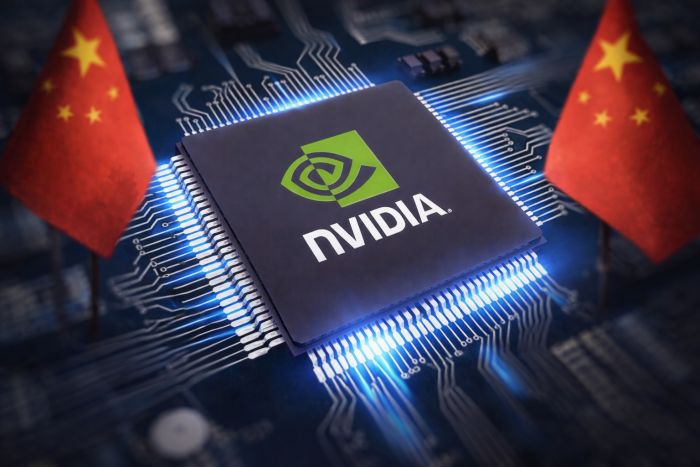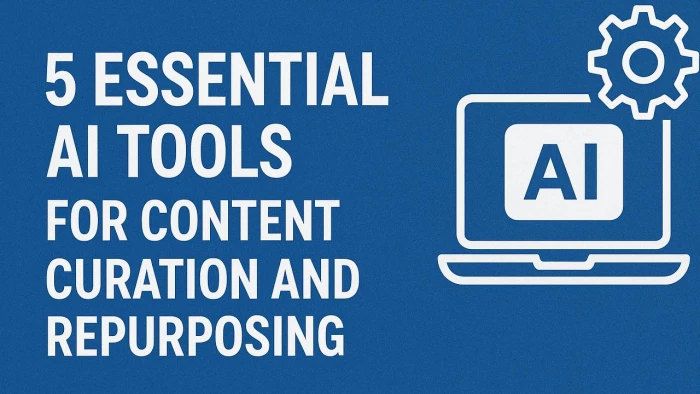Meta’s Biggest External AI Bet Yet
Meta is finalizing a $14–15 billion investment for a 49% stake in Scale AI, according to multiple reports from CNBC and TechCrunch. The move marks Meta’s largest external AI deal to date, surpassing any of its prior investments in the space.
This comes at a time when Meta’s own foundation models, including Llama 3 and 4, have underwhelmed compared to OpenAI’s GPT-4o and Google’s Gemini 1.5.
Scale AI Brings the Infrastructure Meta Lacks
Founded in 2016, Scale AI specializes in data labeling and human-in-the-loop infrastructure for model training, essential for aligning generative AI systems. The company already supports firms like OpenAI and Microsoft, and was most recently valued at $14 billion.
By integrating Scale’s resources, Meta gains access to a world-class data pipeline—a gap its internal AI efforts have long struggled with. Yahoo Finance confirmed that Meta intends to redirect a large share of its 2025 AI budget to fast-track this partnership.
According to data compiled by SignalFire, Meta lost 4.3% of its top talent to AI labs in 2024.
This shift underscores a broader change in strategy: Meta is no longer relying solely on in-house labs like FAIR or GenAI but instead acquiring critical AI infrastructure through equity.
Alexandr Wang to Lead New Superintelligence Lab
As part of the agreement, Scale AI CEO Alexandr Wang will lead a new “superintelligence” lab within Meta, recruiting a high-performance task force dubbed the “Fantastic 50”,.
Wang, who rose to prominence after building one of Silicon Valley’s most sought-after AI infrastructure companies, will operate with strategic autonomy—mirroring OpenAI’s structure within Microsoft.
This signals a cultural shift for Meta: rather than folding everything into Facebook Reality Labs or FAIR, the company is now building vertically integrated, semi-independent AI arms.
Why the Urgency?
Meta has been outpaced in both research output and deployment speed. Despite Llama models gaining popularity in open-source circles, they lag behind in performance, especially in complex reasoning benchmarks.
By outsourcing key components—data prep, supervision, and talent acquisition—Meta is trying to catch up quickly without scaling its internal headcount.
Financial Terms and Regulatory Positioning
The deal structure gives Meta 49% non-controlling equity, carefully crafted to avoid triggering antitrust action. U.S. regulators have increasingly scrutinized minority stakes in critical AI infrastructure firms, as previously seen in Microsoft’s OpenAI partnership.
Nonetheless, given Scale’s existing work with OpenAI and Amazon, Meta’s deal is expected to face regulatory review.
The $15B price also reflects the urgency: Scale’s 2025 revenue is projected at just $2 billion, meaning Meta is paying a 7.5x forward revenue multiple—a strong signal of strategic, not financial, intent.
Interconnecting the Moves
This acquisition doesn’t just boost Meta’s AI capacity—it relieves pressure from recent internal layoffs, pivots the company’s AI roadmap toward infrastructure-first development, and directly positions it to compete with Anthropic, OpenAI, and Mistral on foundational model training.
It also complements Meta’s increased 2025 capital expenditures, which CFO Susan Li recently said will rise by 70% year-over-year, focused heavily on AI, data centers, and custom silicon.
Summary
Meta is buying its way back into AI relevance—not by acquiring a flashy model, but by locking in a high-value pipeline and the visionary behind it. Alexandr Wang’s new role, combined with Scale AI’s infrastructure, could determine whether Meta’s next AI chapter becomes a comeback or a costly experiment.






